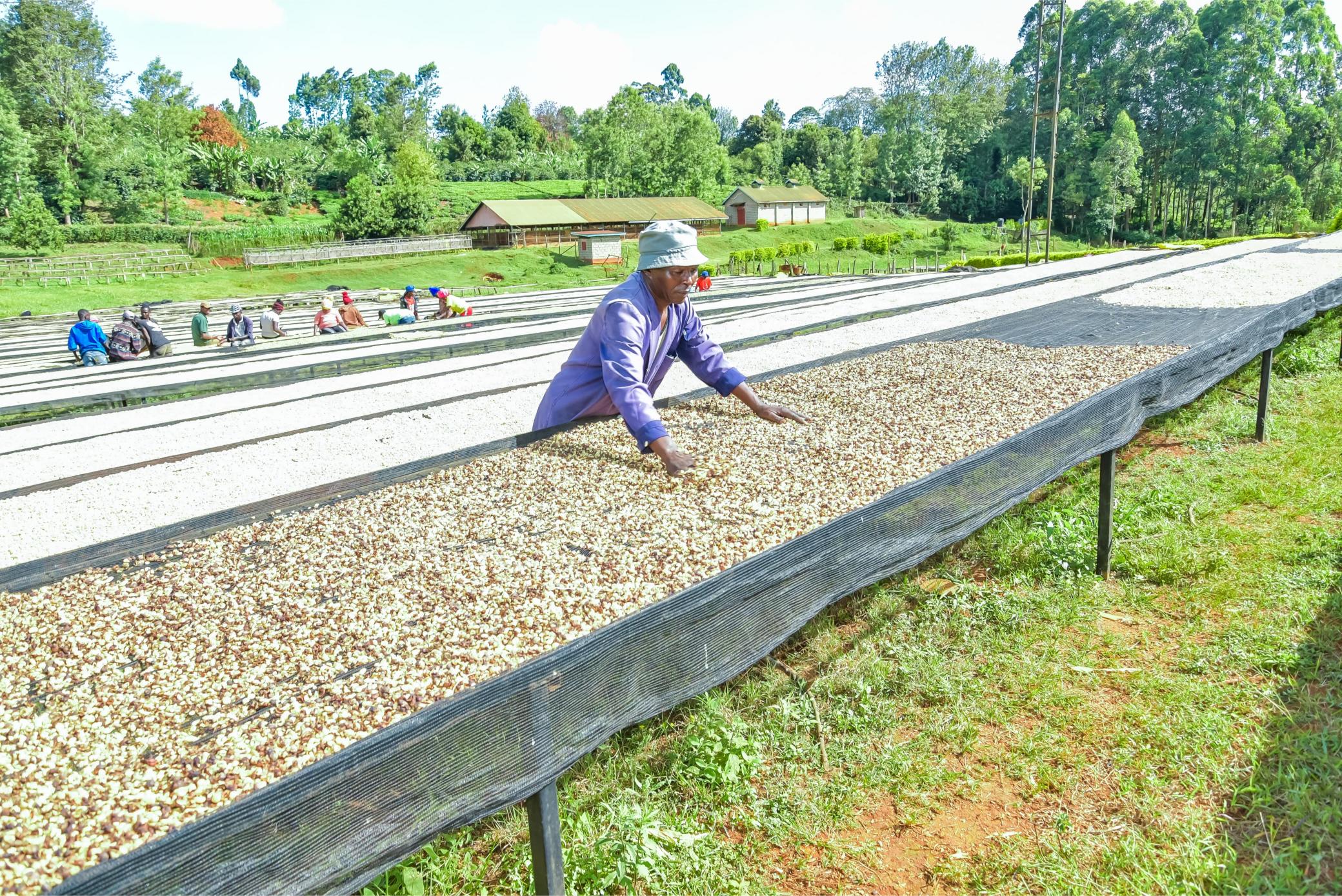
Leaders of coffee co-operative societies have opposed plans by the government to pay farmers directly to their bank accounts.
In August 2023, the government introduced the Direct Settlement System that is run through the Co-operative Bank.
The Co-operatives Ministry followed this with a directive in November, saying the system will take effect this year.
The DSS ensures farmers get their payments promptly from buyers through their co-operative societies that then deduct management fees. The rest of the money is forwarded to individual farmers’ accounts.
Payments are done within five days after their produce is sold at the Nairobi Coffee Exchange, with the aim of stemming delayed payments that saw farmers depend on loans.
But the move to bypass the co-operative societies will render them insignificant and kill them.
“Co-operatives play such an important role in collecting and marketing farmer’s coffee,” Godfrey Kanyiri, chairperson of Kahuhia Cooperative Society, said.
In a meeting between the State department of co-operatives officials led by PS Patrick Kilemi and coffee farmers in Murang’a, the society leaders lauded reforms implemented by the government but faulted downplayed the DSS.
“Farmers trust their societies with the responsibility of collecting, weighing and processing their coffee before it is marketed through brokers,” Kanyiri said.
He pointed out that coffee at NCE is traded in US dollars and that farmers don’t have dollar accounts, hence payment should continue to be channeled through cooperative societies.
The government, he added, should focus on supporting farmers to raise their production and not changing their pay points.
Some co-operatives have accrued huge debts that have to be serviced through farmers’ earnings.
During the meeting, the PS announced that the government is planning to incorporate the Sh6.8 billion needed to waive debts accrued by the co-operative societies.
Co-operatives Cabinet Secretary Wycliffe Oparanya, who addressed coffee farmers in Ndumberi, Kiambu, praised the system for facilitating smooth payments and ensuring farmers are paid on time.
Oparanya noted that starting in July, farmers will pocket 80 per cent of the proceeds, while 20 per cent will go towards the co-operative societies.
Should need arise for deductions above 20 per cent, co-operatives will be required to write to the ministry detailing reasons why.
"In the reforms that we are implementing, farmers will now be getting their money through their accounts and the leaders have agreed that this is a good system and the returns have increased," Oparanya said.
Murang’a Coffee Farmers’ Co-operative Union chairman Francis Ngone said the government should use the co-operative movement to increase coffee production.
“Cooperative societies have a mandate to ensure farmers’ access to subsidised inputs like fertilisers and chemicals. Bypassing the cooperatives when it comes to payments is like leaving farmers to operate on their own,” he said.
The county has 144 factories that form 52 coffee co-operative societies.









